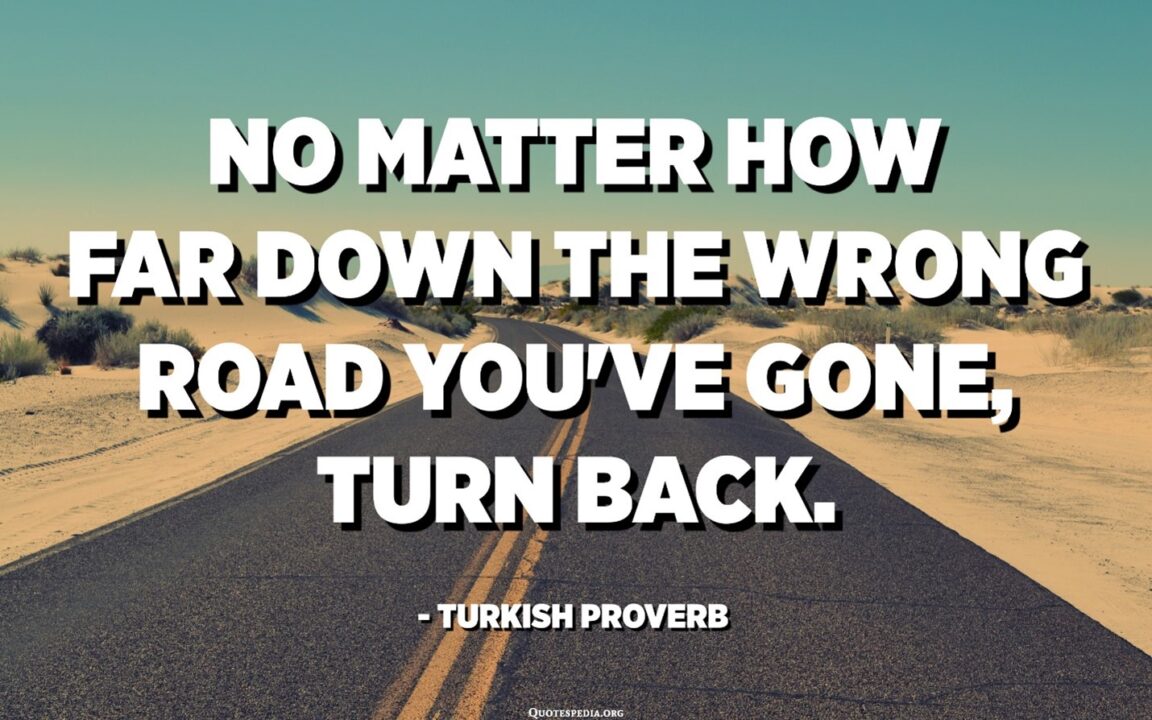I have been attempting to talk with my kids’ private school, as well as starting with their religious school, into – at the least – setting criteria for when the mandatory mask-wearing can be dropped.
Just as I had asked Mayor Maskolini about the criteria for dropping the Nashua mandate, I was told by the headmaster that the policy would not likely change regardless of any information I sent them. But really, how can one totally ignore information like this:
Facemasks in the COVID-19 era: A health hypothesis (emphasis mine).
We want to thank Daivd Hunt for this op-ed. If you have a Letter or other content you want us
to consider for publication, please submit it to Skip@GraniteGrok or Steve@GraniteGrok.com.
The existing scientific evidences challenge the safety and efficacy of wearing facemask as preventive intervention for COVID-19. The data suggest that both medical and non-medical facemasks are ineffective to block human-to-human transmission of viral and infectious disease such SARS-CoV-2 and COVID-19, supporting against the usage of facemasks. Wearing facemasks has been demonstrated to have substantial adverse physiological and psychological effects.
These include hypoxia, hypercapnia, shortness of breath, increased acidity and toxicity, activation of fear and stress response, rise in stress hormones, immunosuppression, fatigue, headaches, decline in cognitive performance, predisposition for viral and infectious illnesses, chronic stress, anxiety and depression. Long-term consequences of wearing facemask can cause health deterioration, developing and progression of chronic diseases and premature death.
Governments, policy makers and health organizations should utilize prosper and scientific evidence-based approach with respect to wearing facemasks, when the latter is considered as preventive intervention for public health.
Or that disposable masks can shed plastic fibers that can get inhaled. We already know that microplastics have negative biological effects; what about the fibers our kids are breathing in? Or the chemicals that evaporate off such masks? See Exclusive: Chemical cocktail found in face masks (bolding added for emphasis)
“What we are breathing through our mouth and nose is actually hazardous waste,” said Professor Braungart, who ran preliminary tests on used surgical masks that found traces of chemicals such as the known carcinogen aniline as well as formaldehyde and optical brighteners – both heavily restricted on consumer goods by European and US authorities to minute parts per million concentrations.
Inhaled fibers. Chemical exposure. And even cloth masks have their own issues. See Cloth masks: Dangerous to your health? (bolding added by me):
The widespread use of cloth masks by healthcare workers may actually put them at increased risk of respiratory illness and viral infections and their global use should be discouraged, according to a UNSW study. … The study found respiratory infection was much higher among healthcare workers wearing cloth masks
This meshes well with a paper that shows that the 1918 Spanish Flu victims who wore cloth masks died from bacterial pneumonia, not the virus itself. If, as common sense tells us, masks in general cause the recycling of moist air, it is not a stretch at all to consider that masks could contribute to increases in pneumonia. Thus, this becomes NOT a clear-cut solution but rather one of TRADE-OFFS. Citing one of my favorites, Thomas Sowell:
So I’ve been strategizing, in part by starting to ask and talk with parents and teachers one-on-one. In talking with one of those teachers, they were thrilled that almost no child had been out from colds or the flu this year. Certainly, no parent wants their children to be ill. But is an absence of childhood colds and flu really a good thing?
When my oldest child started attending pre-school they brought home respiratory infections that they shrugged off in a few, albeit miserable, days. Meanwhile, my wife and I were both knocked flat for a week-plus at a time… with the advent of the second one also bringing home such witches-brew germs they tagged-teamed us so hard I commented that we should rent them out to the military for bio-warfare research. Wow. I’ve never been so sick as the first 4-5 years after I became a father. But they shrugged them off, and that comports well with the known Covid under-17 survival rates. See Children Have Better COVID Immune Response.
We know that exercise is needed for muscular development and bone density health; fit muscles developed early tend to have lifelong effects; in parallel lessons learned from trying “stupid stuff” tends to sink in as well (hence my attempt to balance a father’s protective instinct with a judicious Nah, that’ll just be a flesh wound!).
We know that regular mental activity and intellectual challenges are needed to develop active minds and intellects. Neural pathways and manual dexterity need early-life actual hands-on practice (hence Bill Whittle’s video about the lack of this in today’s phone-and-tablet obsessed kids):
My own parents put me into Montessori when I was young, and followed Piaget’s developmental protocols. Lifelong mental activity is also needed to prevent cognitive decline.
It’s not a stretch to consider that immune systems also need challenges to grow and develop – after all, the prevailing theory of the rise in allergies and allergies is our modern society’s antiseptic life.
I am reminded of this story:
The Man and the Butterfly: When Helping Doesn’t Help
One day a man finds the chrysalis of a butterfly, fallen in the road. Thinking that it would be in danger there, he carries it to his house to protect the little life inside, just about to be born. The next day, he realizes there is a tiny hole in the chrysalis. As he watches, he can see a small butterfly struggling to free itself.
The effort of the small animal is enormous. And the more it tries, again and again, it cannot not escape the chrysalis. Then the moment comes in which it seems the butterfly is giving up. It stops trying, as if it has surrendered.
So the man, worried for the little creature, takes some scissors and gently breaks the chrysalis on each side. He wanted to help the new butterfly escape. And it does. The butterfly is finally free. However, the man can see that its body is large and swollen, and its wings are too small, as if they had been folded down.
The man waits for a while, thinking that the butterfly’s form must be temporary. He imagines that soon it will stretch its wings to their full length, and fly away. But this does not happen. Instead, it just keeps dragging itself in circles, and after a short time, it dies.
The man ignored the fact that the butterfly’s struggle to free itself from its chrysalis was an essential step in strengthening its wings. In that process, the fluids in the butterfly’s body are transferred to its wings, and only in that way can it become a butterfly ready for flight.
In our understandable concern for the young, and after all no parent worth their salt wants to see their child be sick, are we instead harming them by keeping them from catching what is, for the most part, a disease that is fatal primarily to the elderly and overweight? A disease for which there are known treatment protocols like the Zelenko Protocol and Ivermectin.
By wearing masks, even to the degree they may slow Covid (questionable at best as shown above), schools run the risk of harming children’s long-term ability to fight off infections by hindering the development of their immune systems. Never mind actively damaging their lungs through inhaled plastic particles, shed chemicals, and running the risk of bacterial pneumonia through recycled moist air.
As the suit-averse school boards and governing bodies debate masking, perhaps the possibility of a lawsuit over a child whose inhaled plastic fibers are shown to have triggered their life-long breathing problems or, worse, cancer or even death from something tied to the mandatory masks, might weigh into the mix?
Note: Shared Content may not necessarily reflect the views of GraniteGrok.com, its Ad sponsors, Donors, or individual authors.

